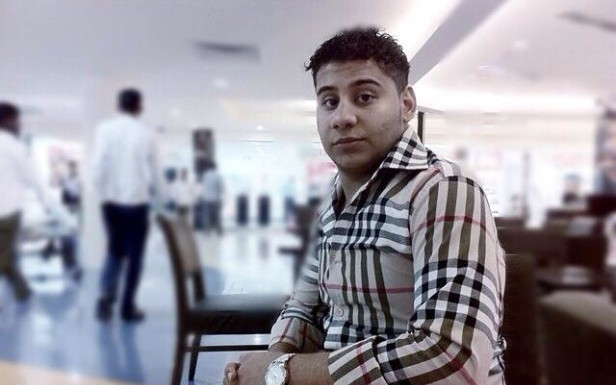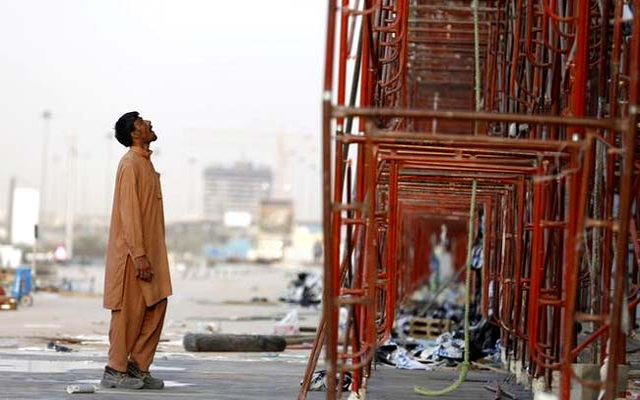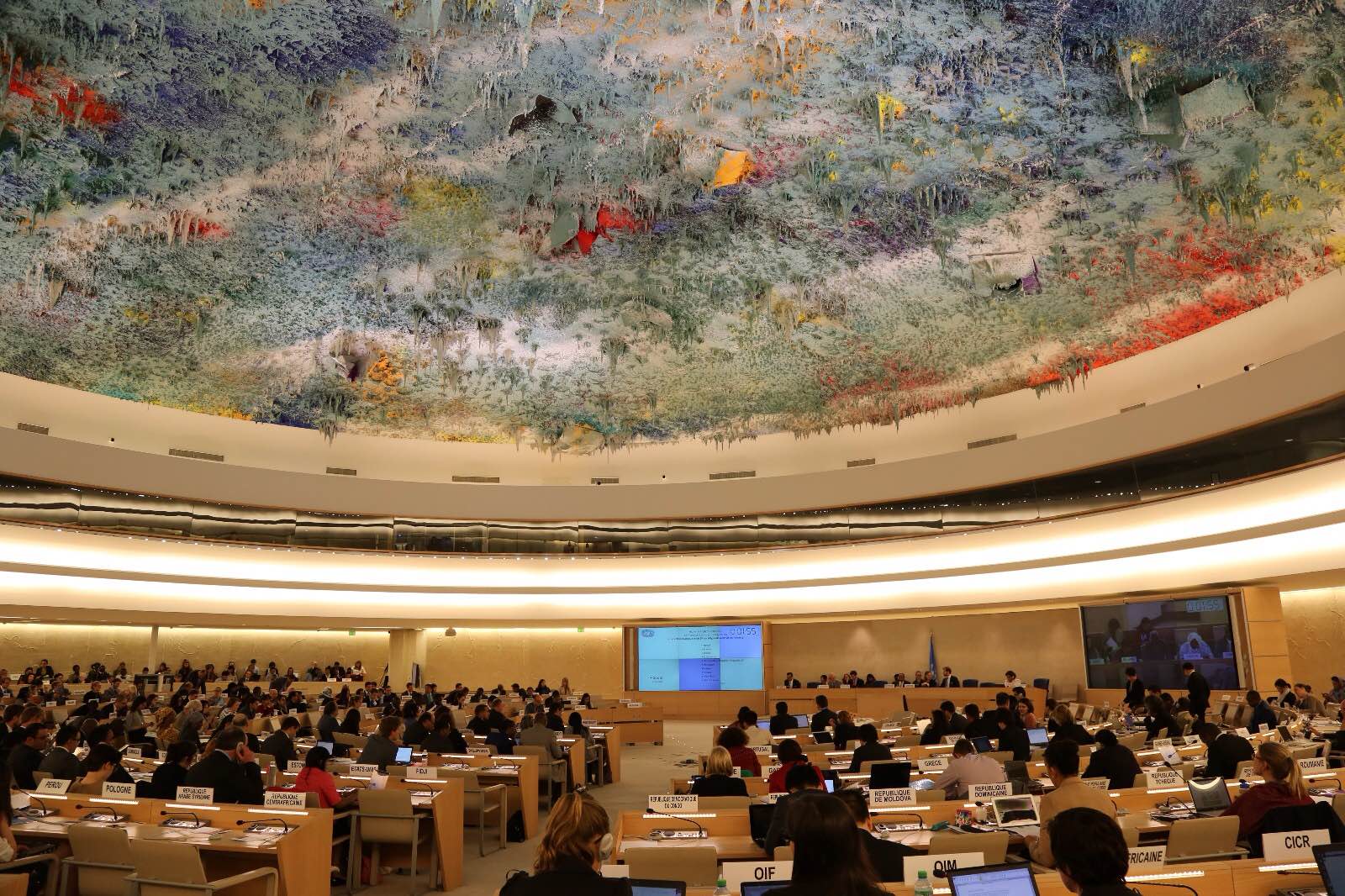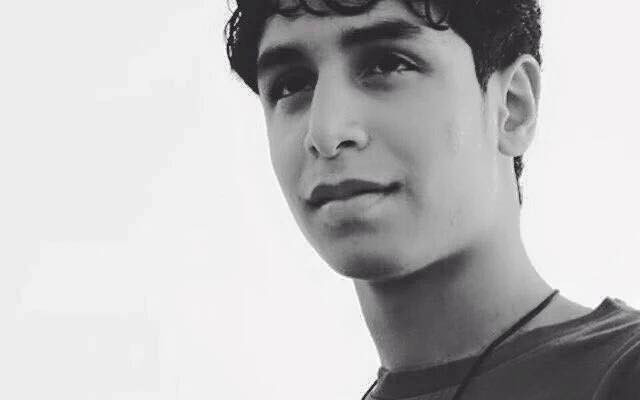Saudi Arabia is one of the few countries in the world that executes and sentences people to death for crimes they allegedly committed as minors. Most recently, of the 47 people executed on 2 January 2016, four were arrested for crimes they reputedly committed as children. In addition, at least three young men face imminent[…]
The migrant crisis in Saudi Arabia continues as thousands of foreign workers, mostly from India, Pakistan, and the Philippines, remain stranded in the country without pay, passports, or food. Saudi Oger Ltd., a Lebanese-owned construction company, recently laid off over 30,000 employees without providing payment settlement or compensation to the many who had already gone[…]
September 8, 2016 Dear Senator, The undersigned organizations are writing on behalf of the millions of Americans we collectively represent, to urge you to reject the planned $1.15 billion foreign military sale to the Kingdom of Saudi Arabia. Moving forward with this sale at this time is not in the security interest of the United[…]
On the occasion of the 33nd session of the Human Rights Council, ADHRB in conjunction with partner organizations submitted a written statement to the Council regarding the ongoing and widespread human rights violations in the Kingdom of Saudi Arabia. Please continue reading for the full text, or click here to read a PDF of the statement,[…]
In 2014, a Saudi Arabian court ordered the execution of Ali al-Nimr. Despite wide-spread criticism, including from the UN, the kingdom claims it only executes the “most serious criminals.” Ali was a minor—17-years-old—when authorities arrested him in 2012 for participating in a non-violent demonstration. They kept him in pretrial detention for two years, tortured him[…]








